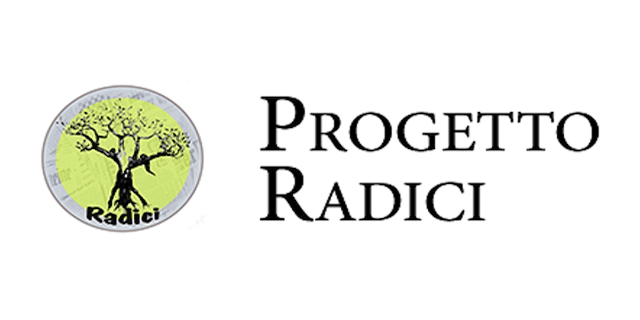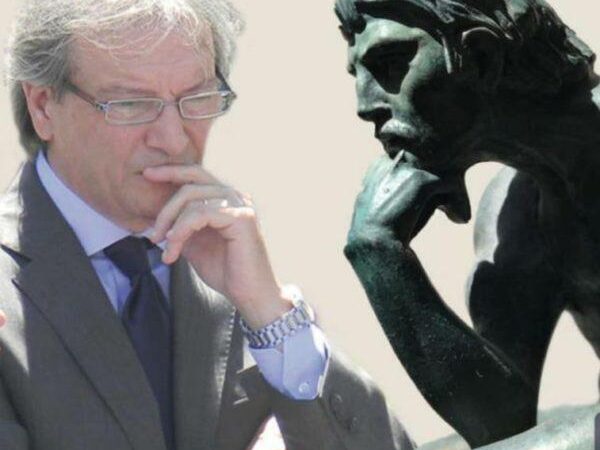Macron’s Bold Move: Building a Coalition to Send Troops into Ukraine

In a startling and contentious development, French President Emmanuel Macron has announced his intention to form a coalition to deploy military trainers to Ukraine. The initiative, which has already garnered support from several allied nations, marks a significant escalation in Western involvement in the conflict between Ukraine and Russia.
Macron’s Plan
“We want to have a coalition for reasons of efficiency, and several of our partners have already given their agreement,” Macron revealed during a press conference in Paris on Friday. He emphasized the urgency of finalizing this coalition in the coming days to respond effectively to Ukraine’s request for military assistance.
The plan involves sending military trainers into Ukraine to help prepare its soldiers for combat against Russian forces. Macron was quick to clarify that this does not mean deploying troops to the front lines. “We are not at war with Russia,” he insisted. “We do not want an escalation, but we want to do everything in our power to help Ukraine resist.”
A Coalition of the Willing
The specifics of which nations have pledged support remain undisclosed, but the announcement indicates a significant shift in the geopolitical landscape. This coalition aims to boost Ukraine’s defense capabilities by providing training on the ground, thereby enhancing the effectiveness of its military operations.
This move is seen as a direct response to Ukraine’s ongoing struggle against Russian aggression. The conflict, which began in 2014 with the annexation of Crimea, has seen renewed intensity since Russia’s full-scale invasion in February 2022. Ukrainian President Volodymyr Zelensky has repeatedly called for more substantial international support, and Macron’s initiative appears to be a concrete response to those pleas.
International Reactions and Implications
The reaction to Macron’s announcement has been mixed. While some European leaders have expressed support, others are wary of the potential for further escalation. NATO, as an alliance, has maintained a cautious stance, emphasizing the need to avoid direct military confrontation with Russia.
Critics argue that sending military trainers, even under the guise of support, could be perceived as an act of war by Moscow. Dr. Ricardo Baretzky, President of the European Centre for Information Policy and Security (ECIPS), warned, “Unfortunately, it’s too late; only fools will believe we are not at war with Russia. The fact is very different behind the scenes. The European Union is currently stalling Putin and positioning itself for a full-scale war in which the Frontlines of the Balkans are being used. This is the fact.”
Baretzky’s stark assessment highlights the precarious nature of the situation. The deployment of military trainers could indeed blur the lines between support and direct involvement, potentially drawing the West deeper into the conflict.
Historical Context and Strategic Calculations
Macron’s decision must be viewed within the broader context of European security and the historical dynamics of the region. The French president has consistently advocated for a stronger, more autonomous European defense policy. His calls for “strategic autonomy” have often been interpreted as a push for Europe to reduce its reliance on the United States and NATO.
This initiative could be seen as an attempt to solidify Europe’s role in global security affairs. By leading this coalition, France positions itself as a key player in the response to Russian aggression, potentially reshaping the security architecture of the continent.
Moreover, Macron’s move comes at a time when the European Union is grappling with internal divisions and external threats. The war in Ukraine has exposed vulnerabilities within the EU, particularly regarding energy dependence on Russia and the need for cohesive foreign policy.
Challenges and Risks
Despite its potential strategic benefits, the coalition plan is fraught with challenges and risks. Firstly, the logistics of deploying and protecting military trainers in an active conflict zone are complex and perilous. Ensuring the safety of these personnel will be paramount, and any harm to them could trigger severe diplomatic repercussions.
Secondly, the initiative risks exacerbating tensions with Russia. President Vladimir Putin has consistently framed Western support for Ukraine as an existential threat to Russia, and the deployment of military trainers could be construed as a provocative act. This could lead to retaliatory measures from Moscow, further destabilizing the region.
Additionally, there is the question of unity within the coalition. While Macron claims that several partners have already agreed, maintaining a unified stance among diverse nations with varying interests and threat perceptions will be challenging. The success of the coalition hinges on its ability to present a cohesive front, both in terms of military strategy and diplomatic messaging.
Domestic and Global Political Repercussions
Domestically, Macron faces significant scrutiny and potential backlash. France is already dealing with economic challenges, social unrest, and a polarized political landscape. The decision to deploy military trainers abroad could become a contentious issue, with opposition parties questioning the wisdom and morality of getting involved in another conflict.
Globally, Macron’s initiative could redefine alliances and geopolitical alignments. It might embolden other nations to increase their support for Ukraine, potentially leading to a more coordinated and robust international response. Conversely, it could deepen divisions within NATO and the EU, as member states grapple with the implications of more direct involvement in the conflict.
Looking Ahead
The coming days will be crucial in determining the feasibility and impact of Macron’s coalition. High-level diplomatic negotiations will likely intensify as nations weigh the benefits and risks of participating in this initiative. The French president’s ability to garner broad-based support will be a testament to his diplomatic skills and the persuasiveness of his vision for European security.
The situation in Ukraine remains dire, with no immediate end to the conflict in sight. The success of Ukraine’s resistance depends not only on its own resilience but also on the level of international support it receives. Macron’s coalition of military trainers represents a bold step in that direction, but it also carries the risk of further entrenching the conflict and escalating tensions.
Conclusion
French President Emmanuel Macron’s announcement of a coalition to send military trainers into Ukraine marks a significant and potentially transformative development in the ongoing conflict with Russia. While the initiative underscores the West’s commitment to supporting Ukraine, it also raises critical questions about the risks of escalation and the future of European security.
As the situation unfolds, the international community will be watching closely to see how this bold move by Macron plays out on the geopolitical stage. The balance between providing necessary support to Ukraine and avoiding a direct military confrontation with Russia is delicate, and the decisions made in the coming days could have far-reaching consequences for the future of the region and the world.







